Editorial: A Turbo By Any Other Name
I recently came across a brand new Lincoln MKS. I’m a pretty hard core Japanese car fan but I had to admit that this car looks pretty slick. I had heard that it was pretty fast too. I like fast. Upon inspecting the exterior of the car it came to my attention that the MKS is equipped with ‘EcoBoost.’ Not being up on the very latest in automotive tech, the unfamiliar name intrigued me. Was this some hybrid or electric technology? Curious, I started off on a quest to find out what this EcoBoost is and what makes it so… EcoBoost-y.
Thanks to the power of Ford advertising, I soon found that EcoBoost is available both on the Lincoln MKS and on the Ford Taurus and claims up to 20% fuel economy increase, up to 15% lower emissions and increased engine performance. What the Mad Men wouldn’t tell me is how. I delved into the internet to find out more about the technology, and was shocked to discover that this magical device is really a twin turbo set up with direct fuel injection. Wait a minute, adding a turbo charger to an engine increases horsepower, I knew that, but it can only decrease fuel economy, right?
For those of us who are not familiar with turbo chargers, they are basically air compressors powered by the hot exhaust gasses exiting the engine. The inlet side of the turbo spins and compresses incoming air (12psi in the case of EcoBoost) into the engine. There is an ideal air to fuel ratio (14.7) so more air requires more fuel. So if the turbo chargers require more fuel when they are in operation, how can EcoBoost claim 20% greater fuel economy? Time to check some official numbers…
Comparing the Ecoboost MKS with its normally-aspirated sibling is an apples and oranges comparison, since the non-Ecoboost uses a larger engine displacement. I needed to find two identical engines to compare, one with EcoBoost and one without. Lucky for me the Taurus offers such a comparison, since all its variants use a 3.5 liter V6. The FWD version gets fairly good MPG at 18/28 seeing as there is less drive train mass to move verses an AWD setup. The other two trims both have so the only real difference is one has EcoBoost and one does not. Both setups rate at 17/25 MPG.
So wait a minute, EcoBoost doesn’t help at all in fuel economy, although doesn’t seem to hurt it either. This makes a certain amount of sense, considering the nature of the turbo. A turbo will not always be spinning at top speed and therefore compressing air all the time. It’s likely that for the purposes of regular city and highway driving (and most importantly, for EPA testing), you may not see any boost at all. That’s great for fuel economy during normal driving but in spirited driving (when you actually want power) you will surely see a drop in fuel economy.
So where does the EcoBoost’s 20% increase in fuel economy number come from? Here is the trick; Ford is doing the old apple to orange comparison, comparing a V6 with EcoBoost to a naturally aspirated (no turbo or supercharger) V8 engine. It seems Ford is trying to say, “We could have used a bigger engine, but we didn’t, so this way that we’re doing is more fuel efficient.” In fact, both the Lincoln MKS and Ford Taurus are only equipped with V-6 engines. So what’s the point of comparing fuel economy between the EcoBoost V6 engine, to a fantasy engine that is not available in that vehicle anyway? The fact that a turbocharged six cylinder engine is comparable to (and yet more fuel efficient than) a V8 is old news. You could have asked Toyota (Supra) and Nissan (Skyline) about it over a decade ago.
It’s interesting to note that EcoBoost was originally going to be called ”TwinForce” instead. Does calling a turbo system something that sounds eco friendly make it more acceptable to the US public? Is that Ford’s angle with EcoBoost? I drive a turbo charged Toyota and I love the performance. I got it knowing that the turbo would get me more power with less fuel economy (I drive spiritedly) than it would with the same size engine with no turbo. Toyota did not try to sell me the car saying, “Its more fuel efficient and better for the environment.” I’m all for turbo chargers, I think they’re great, (Taurus now makes more horsepower than the Mustang GT) but please, just call them what they are. Don’t sugar coat something by giving it an eco friendly name then make apple to oranges comparisons to make it sounds better so that more people will feel comfortable purchasing it, thinking it’s better for the environment. A turbo by any other name…is still a turbo.
More by Joseph Kaitschuck
Latest Car Reviews
Read moreLatest Product Reviews
Read moreRecent Comments
- EBFlex No they shouldn’t. It would be signing their death warrant. The UAW is steadfast in moving as much production out of this country as possible
- Groza George The South is one of the few places in the U.S. where we still build cars. Unionizing Southern factories will speed up the move to Mexico.
- FreedMike I'd say that question is up to the southern auto workers. If I were in their shoes, I probably wouldn't if the wages/benefits were at at some kind of parity with unionized shops. But let's be clear here: the only thing keeping those wages/benefits at par IS the threat of unionization.
- 1995 SC So if they vote it down, the UAW gets to keep trying. Is there a means for a UAW factory to decide they no longer wish to be represented and vote the union out?
- Lorenzo The Longshoreman/philosopher Eri Hoffer postulated "Every great cause begins as a movement, becomes a business, and ends up as a racket." That pretty much describes the progression of the United Auto Workers since World War II, so if THEY are the union, the answer is 'no'.



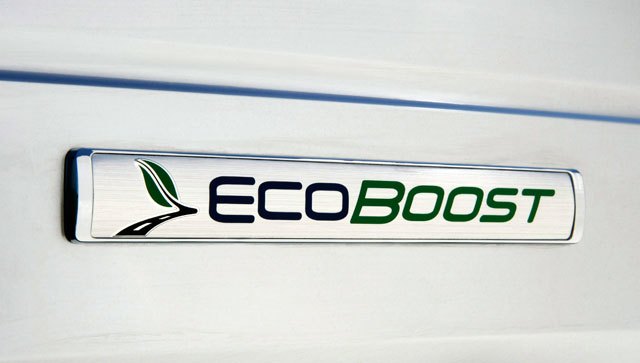















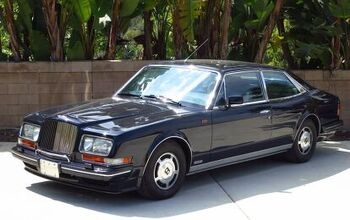
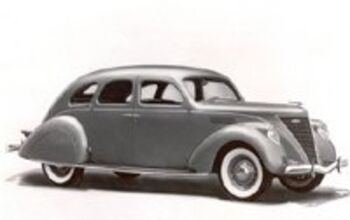
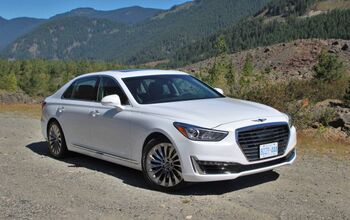
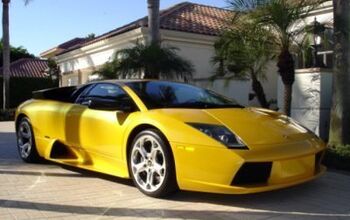
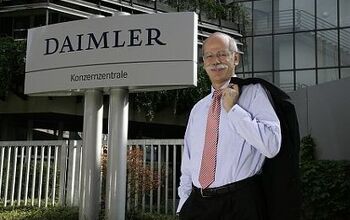










Comments
Join the conversation